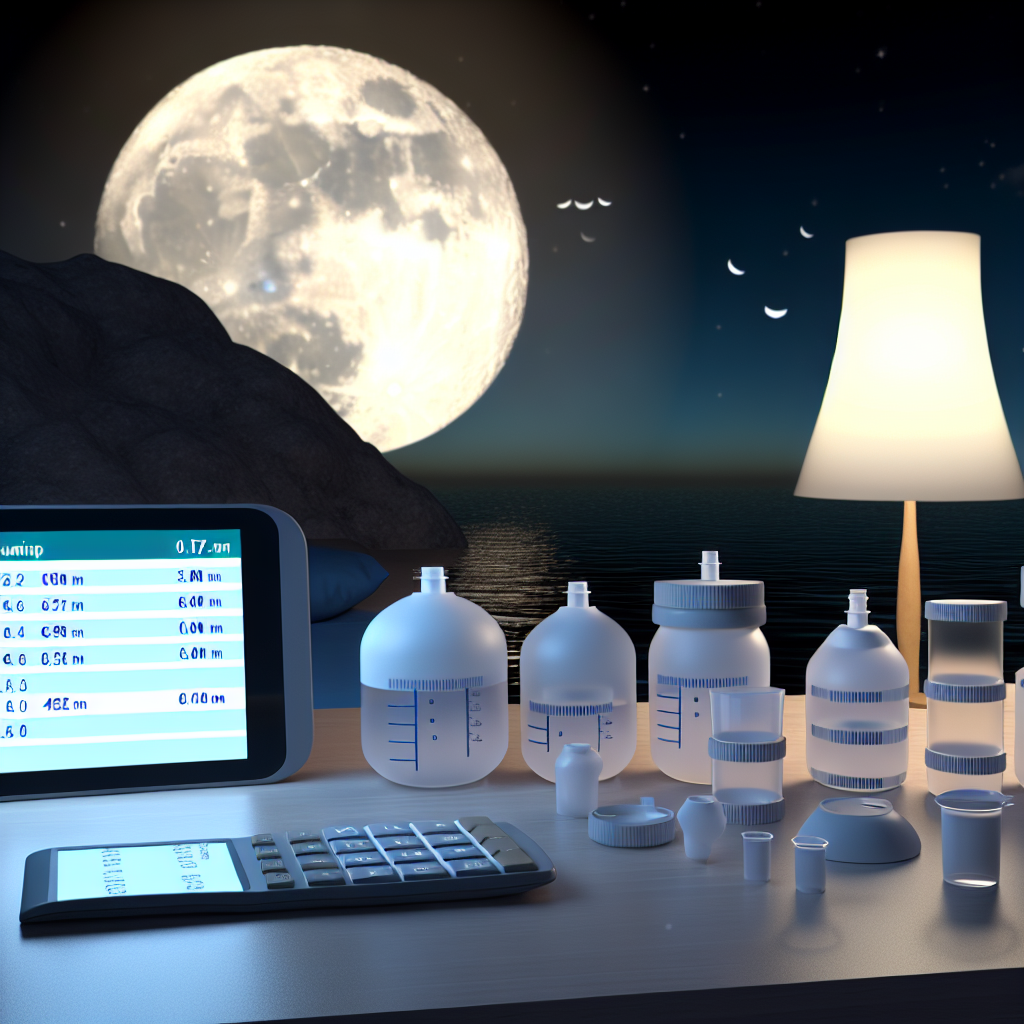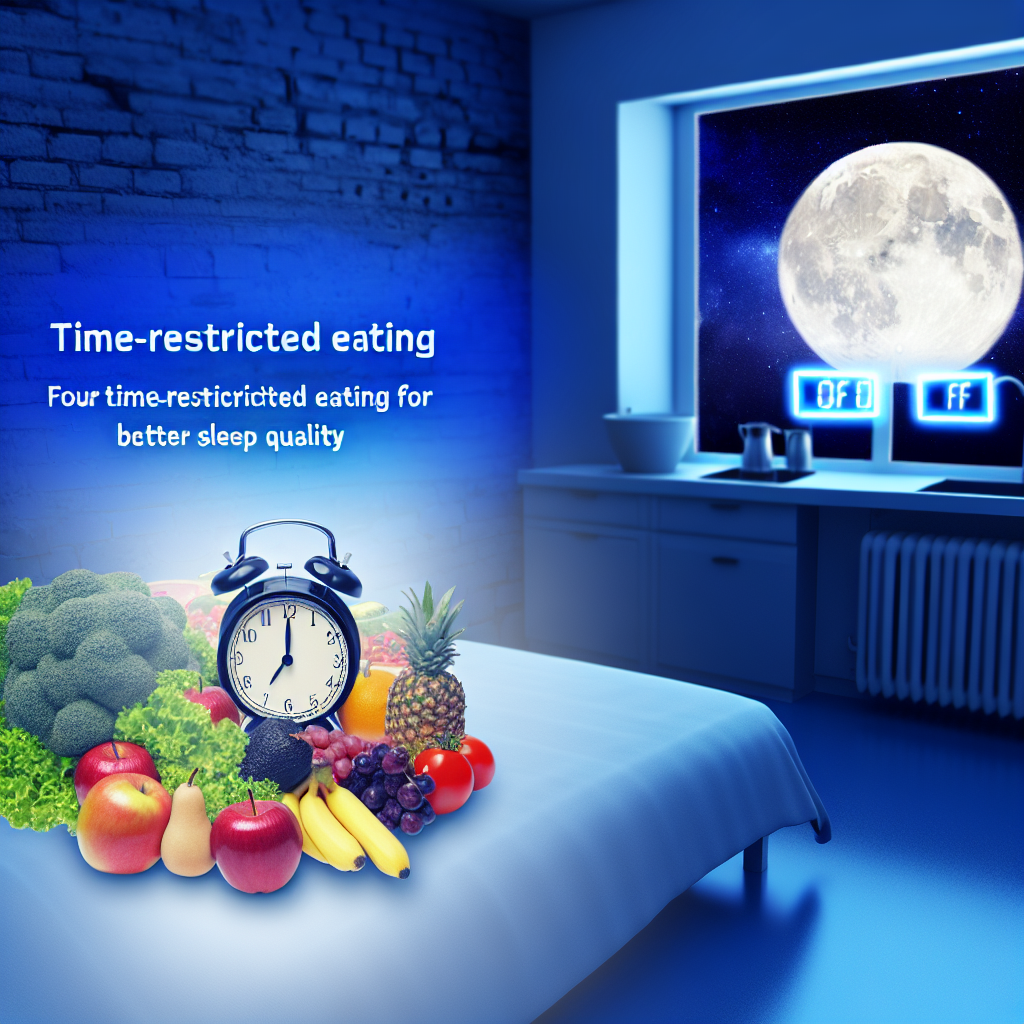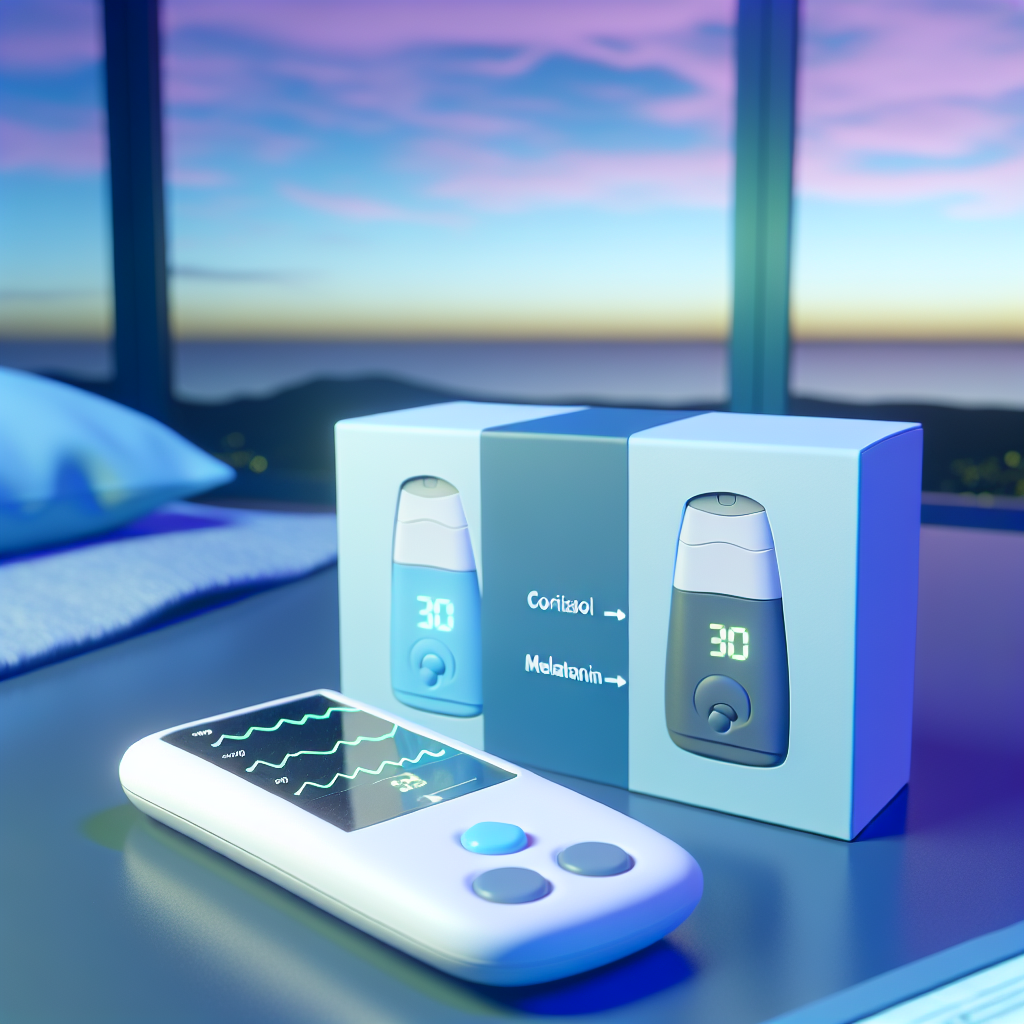Nocturia Management Made Simple: How Nighttime Fluid Restriction Calculators Can Help You Sleep Better
Nocturia, the medical term for waking during the night to urinate, affects millions of individuals regardless of age, with greater prevalence in older adults. While often seen as a normal part of aging, frequent nighttime urination can greatly disrupt the sleep cycle, reduce sleep quality, and increase the risks of falls, especially in the elderly. Fortunately, nocturia is a manageable condition—and one of the simplest solutions might lie in what (and when) you drink.
In this blog post, we’ll explore how nighttime fluid restriction calculators can become a key strategy in reducing nocturia episodes, improving sleep, and restoring your energy levels during the day.
Understanding Nocturia: The Sleep Disruptor You Shouldn’t Ignore
According to sleep and urology experts, nocturia goes beyond mere inconvenience. It’s associated with insomnia, daytime fatigue, and can even contribute to more serious health issues like hypertension and glucose imbalance. As we age, changes in hormone levels—especially antidiuretic hormone (ADH)—can decrease the body’s ability to regulate urine production at night.
Multiple factors contribute to frequent nighttime urination:
- Nocturnal polyuria (increased urine production at night)
- Reduced bladder storage capacity
- Medications, like diuretics
- Chronic health conditions (e.g., diabetes, heart failure, kidney disease)
- Sleep disorders, including sleep apnea
Fortunately, for many, adjusting evening fluid intake habits can provide meaningful relief. This is where nighttime fluid restriction calculators come in, offering a personalized and data-backed solution rooted in medical research.
What Are Nighttime Fluid Restriction Calculators and How Do They Work?
These innovative tools are accessible via web apps or your smartphone and are designed to help users optimize fluid intake in the evening while still maintaining overall hydration. By entering key personal details such as:
- Age and weight
- Medical history
- Typical daily fluid intake
- Bedtime and wake time
…the calculator provides individualized recommendations on:
- How much fluid to consume in the hours leading up to bedtime
- When to stop consuming fluids altogether to minimize nighttime urination
Advanced calculators incorporate clinical algorithms published in journals like the Journal of Urology and Sleep Health to ensure advice is aligned with the latest sleep and urology guidelines.
Clinical Research: What the Science Says About Fluid Restriction and Nocturia
Numerous studies underline the effectiveness of fluid restriction in reducing nocturia episodes. For example:
- The 2017 Journal of Urology study found that patients who reduced or timed their fluid intake saw significant reductions in nighttime awakenings and improved total sleep time.
- A 2020 Sleep Health study showed that personalized hydration plans provided by such tools led to a 35% drop in nocturia frequency in older patients.
- Weiss et al. (2008) emphasized the critical link between kidney circadian rhythms and nighttime urine production, which fluid restriction effectively influences.
These studies validate that behavioral approaches like fluid restriction can complement or even serve as alternatives to medications, providing a safer, side-effect-free treatment option for many.
Integrating Calculators Into a Broader Nocturia Management Plan
Nocturia management is most effective when approached comprehensively. Medical professionals often recommend combining fluid restriction calculators with:
- Bladder training or scheduled voiding practices
- Pelvic floor exercises (especially for those with diminished bladder control)
- Sleep hygiene improvement (e.g., limiting caffeine, improving bedroom conditions)
- Screening and treating potential underlying conditions
Modern health apps and wearable devices now make it easier than ever to track hydration patterns alongside sleep metrics. Integrating a fluid restriction calculator into such a system maximizes its effectiveness and offers a more data-rich view for both patients and healthcare providers.
Conclusion: A Restful Night Starts With Smarter Hydration
Nocturia doesn’t have to keep you up at night. With smart, lifestyle-focused techniques such as accurate fluid timing and intake management, you can regain control over your sleep schedule. Nighttime fluid restriction calculators offer an evidence-based, easy-to-use tool to personalize your hydration strategy and greatly reduce sleep-disrupting nocturia incidents.
As always, it’s essential to consult with a healthcare provider for a full medical evaluation—especially if nocturia persists despite lifestyle changes. But for many, a simple shift in hydration habits, guided by modern tools, can lead to restored sleep, renewed energy, and an overall better quality of life.
References
- National Sleep Foundation – What is Nocturia
- Weiss JP et al., “Nocturia: Etiology and Treatment in Adults.” Urology Journal, 2008
- Asplund R. “Nocturia in the elderly.” Drugs Aging. 2005
- Sleep Health Journal – Optimizing Hydration for Better Sleep Outcomes
- Journal of Urology (2017) – The Role of Lifestyle Modification in Nocturia Treatment
- International Continence Society Guidelines – Nocturia Definition and Treatment Protocols
Concise Summary:
Nocturia, the frequent need to urinate during the night, is a common and disruptive sleep issue. Nighttime fluid restriction calculators offer a personalized, evidence-based solution to help manage nocturia by optimizing fluid intake in the evening. By following the guidance of these tools, individuals can reduce nighttime urination episodes, improve sleep quality, and restore daytime energy levels.

Dominic E. is a passionate filmmaker navigating the exciting intersection of art and science. By day, he delves into the complexities of the human body as a full-time medical writer, meticulously translating intricate medical concepts into accessible and engaging narratives. By night, he explores the boundless realm of cinematic storytelling, crafting narratives that evoke emotion and challenge perspectives.
Film Student and Full-time Medical Writer for ContentVendor.com




